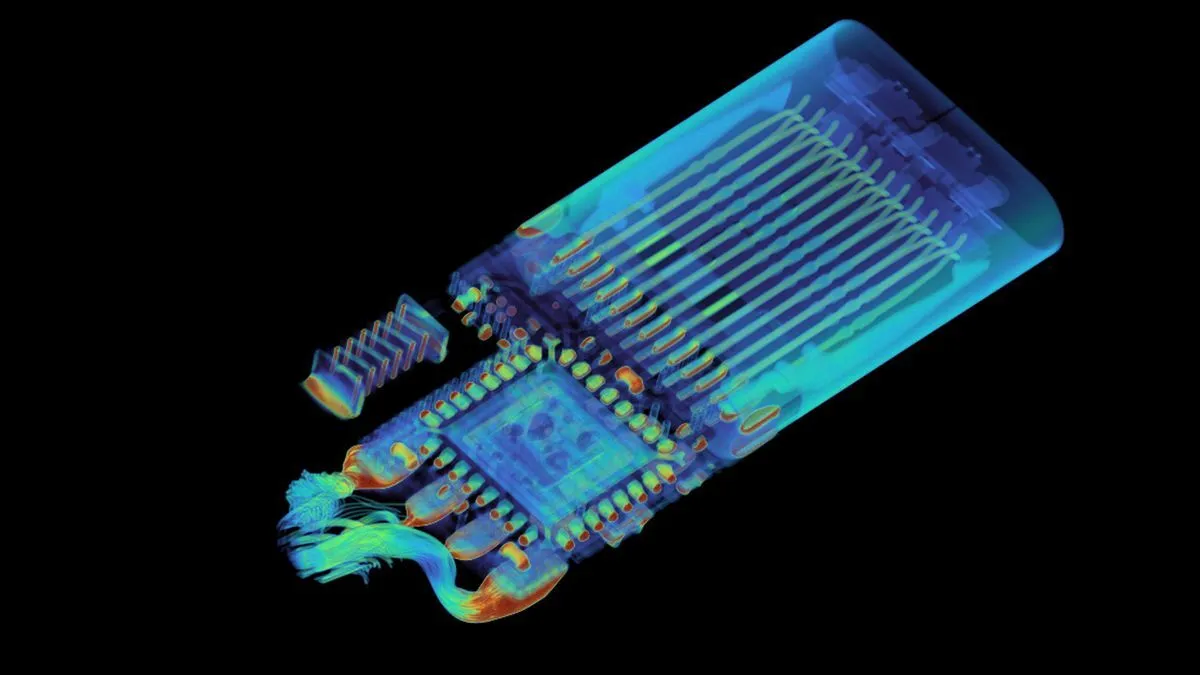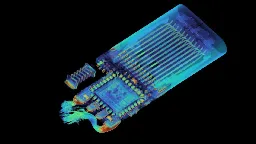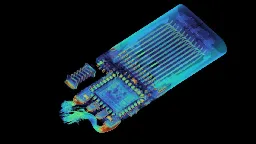USB-C cable CT scan reveals sinister active electronics — O.MG cable contains a hidden antenna and another die embedded in the microcontroller
USB-C cable CT scan reveals sinister active electronics — O.MG cable contains a hidden antenna and another die embedded in the microcontroller

www.tomshardware.com
USB-C cable CT scan reveals sinister active electronics — O.MG pen testing cable contains a hidden antenna and another die embedded in the microcontroller


